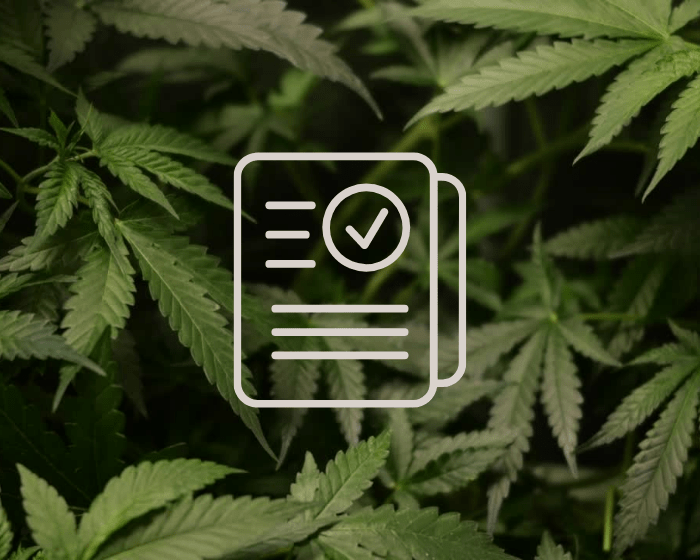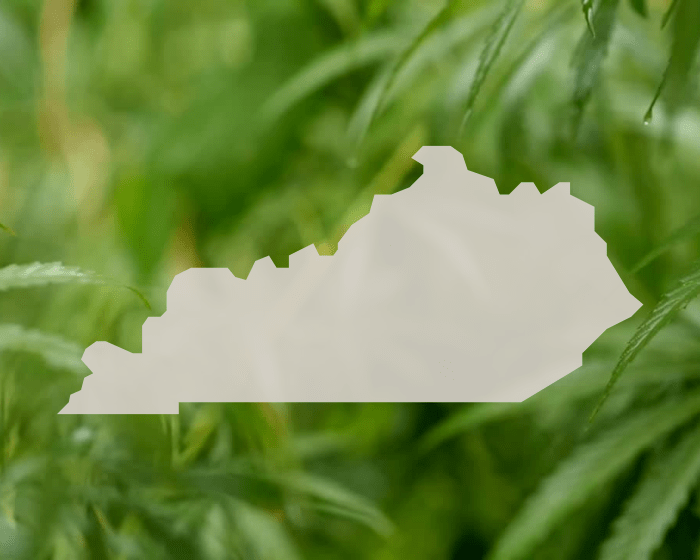
The Senate committee in charge of creating a spending proposal for 2023 has included measures that would affect cannabis, including hemp, reports Marijuana Moment. The spending package is still in draft form and likely to undergo many changes before the start of the federal government's fiscal year, October 1.
The proposal doesn’t offer broad protections for state-level cannabis programs, as some had hoped it would. But it extends protections for states’ medical cannabis programs by preventing Justice Department funds from being used to enforce against them. Parts of the bill also encourage federal agencies to promote research into the therapeutic potential of psychedelics like psilocybin.
Specific to hemp and minor cannabinoids like CBD, the Senate’s spending proposal has implications for cannabinoids in food and supplements, and could eventually impact the maximum threshold for THC in hemp.
Hemp in Food, Drink and Supplements
The Senate’s spending proposal would:
- Spur the Food and Drug Administration (FDA) to continue developing a regulatory structure for nonintoxicating cannabinoid products like CBD.
- Ensure the FDA’s future regulatory activity doesn’t discourage the development of new drugs.
- Give the FDA a 90-day deadline to implement enforcement discretion for CBD. Currently, the FDA sees all CBD supplements as technically illegal. But a policy of enforcement discretion would allow the agency to enforce regulations on a case-by-case basis, presumably in instances where a product is unsafe or being marketed in an unethical way, while the agency researches a permanent regulatory framework.
- Encourage the FDA to partner with an academic institution to expand sampling studies of CBD products currently on the market.
Hemp Farming and THC Concentration
In the proposal, the Senate committee expresses concern that the 0.3 percent max concentration of THC in hemp “may be arbitrary and pose a burden on hemp producers that is not supported by scientific evidence.” Separately but related, the committee was worried that hemp farmers aren’t able to access U.S. Department of Agriculture (USDA) programs designed for specialty crops, including the Specialty Crop Block Grants and crop insurance.
The spending proposal would:
- Direct the USDA to work with the Department of Health and Human Services and the Drug Enforcement Administration (DEA) report to Congress on whether there is scientific basis for the current limit of 0.3 percent THC in hemp and suggest higher levels if appropriate.
- Require the USDA to establish a dual designation for hemp as a specialty crop based on the manner and purpose for which it is grown, within 90 days of the act’s passage.
- Direct the DEA to ensure state and local law enforcement have access to field testing kits that can distinguish between hemp and high-THC cannabis on the spot.
- Instruct the USDA to explore U.S.-grown hemp as a plastic alternative and issue a report on how to use it in government-produced or funded materials.
- Direct the U.S. Agricultural Research Service to establish and maintain a hemp germplasm repository at the Plant Genetics Resources Research Unit.
- Discourage new hemp licensing fees or other administrative fees imposed on hemp farmers.
Cannabis Research
The bill contains language from past years that critics say has slowed research into substances like cannabis and psilocybin.
Here’s the language:
“SEC. 507. (a) None of the funds made available in this Act may be used for any activity that promotes the legalization of any drug or other substance included in schedule I of the schedules of controlled substances established under section 202 of the Controlled Substances Act except for normal and recognized executive-congressional communications
(b) The limitation in subsection (a) shall not apply when there is significant medical evidence of a therapeutic advantage to the use of such drug or other substance or that federally sponsored clinical trials are being conducted to determine therapeutic advantage.”
According to Marijuana Moment, House Rep. Alexandria Ocasio-Cortez (D-NY) has tried to amend that section twice. Both votes failed.
‘A Promising Sign’
It remains uncertain how many of the draft spending proposal's provisions related to hemp, cannabis and psilocybin will pass. However, Kyle Jaeger wrote for Marijuana Moment, “their inclusion in the base bill is a promising sign to advocates and researchers.”








































